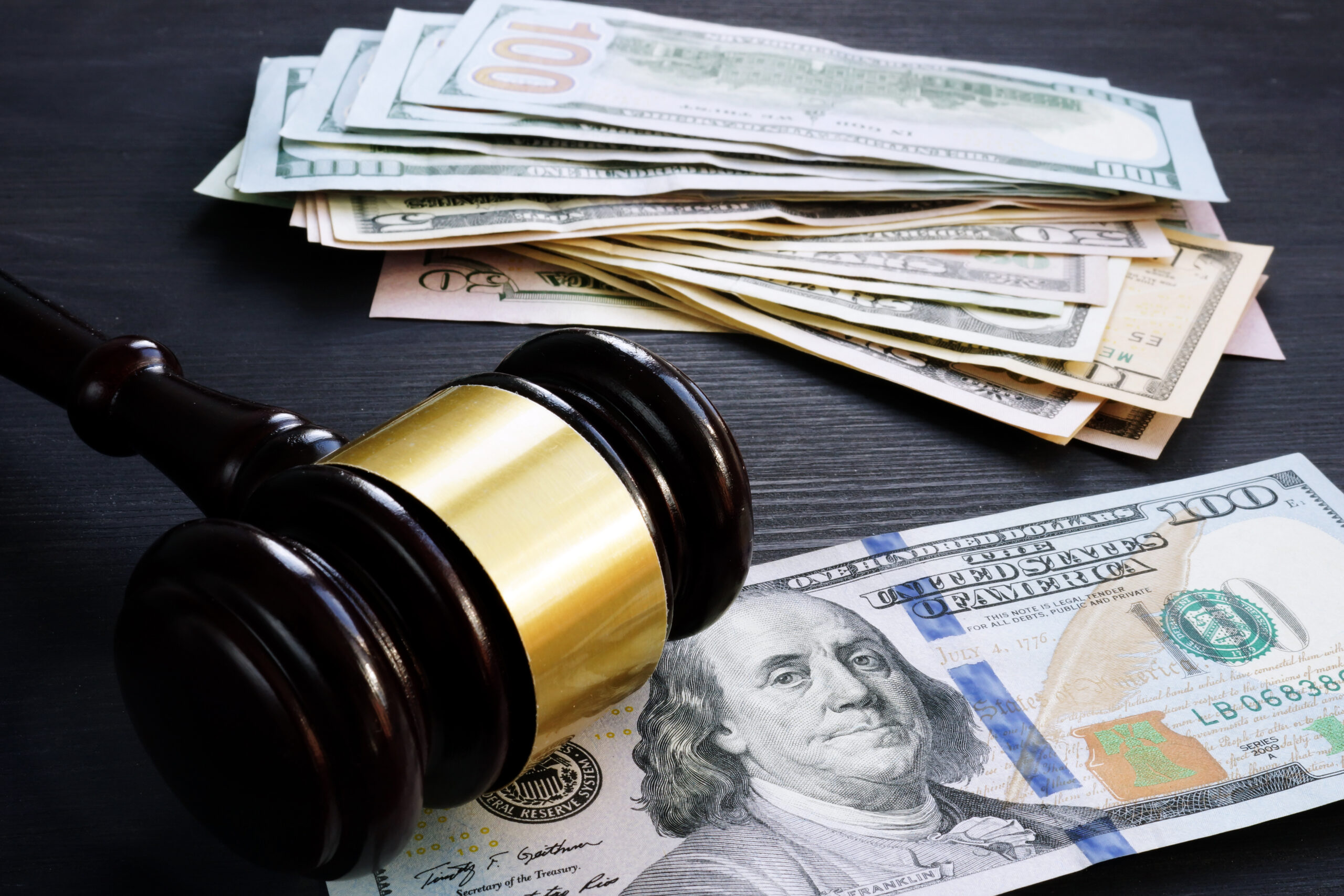If you’ve been involved in an accident, distinguishing who is responsible for the cause of the incident is crucial. The allocation of fault plays a vital role in your ability to recover monetary compensation for the damages you’ve suffered. You can pursue legal action if someone else’s negligence caused your injuries. In most cases, when you file a claim, the at-fault party’s liability coverage will compensate you for your losses. However, when their liability coverage is insufficient, you can file a third-party claim to seek the maximum compensation to which you’re entitled for your damages. Please continue reading to learn more about third-party personal injury claims and how a determined Prince George’s County Auto Accident Lawyer can help you today.
What is a third-party insurance claim?
Whether you’re injured in an auto accident, slip and fall, or another type of incident, you can file a claim with the at-fault party’s insurance company to seek monetary compensation for the damages you’ve endured. When you file a claim with your insurer, it’s considered a first-party claim. Through a first-party claim, you would go directly through your insurance company for your damages. This typically covers incidents affecting your or your property.
On the other hand, when you file a claim with someone else’s insurance company, typically under their liability coverage, it’s considered a third-party claim. A third-party insurance claim is generally filed when you are not at fault for the cause of the accident. For instance, a third-party claim would be appropriate if a drunk driver runs a red light and collides with your vehicle. It’s crucial to note that in some cases, you may file a first-party and third-party claim.
What damages may be available?
Generally, you can recover compensation for your economic and non-economic damages. Economic damages represent your out-of-pocket expenses. Essentially, they refer to your tangible losses. This may include your past and future medical bills, lost wages, household services, property damage, etc. Non-economic damages refer to the class of damages that are subjective losses that are not quantifiable. This may include pain and suffering, emotional distress, inconvenience, loss of consortium, loss of enjoyment of life, etc.
However, before you can recover compensation for your economic and non-economic damages, you must fulfill the burden of proof, meaning you must prove the at-fault party’s negligence directly caused your injuries. This can be challenging, so it’s crucial to enlist the help of a determined lawyer from the legal team at Timian & Fawcett, LLC. We are prepared to represent your interests today.

